Fiction and Nonfiction Book Writing - Book Writing Assistant
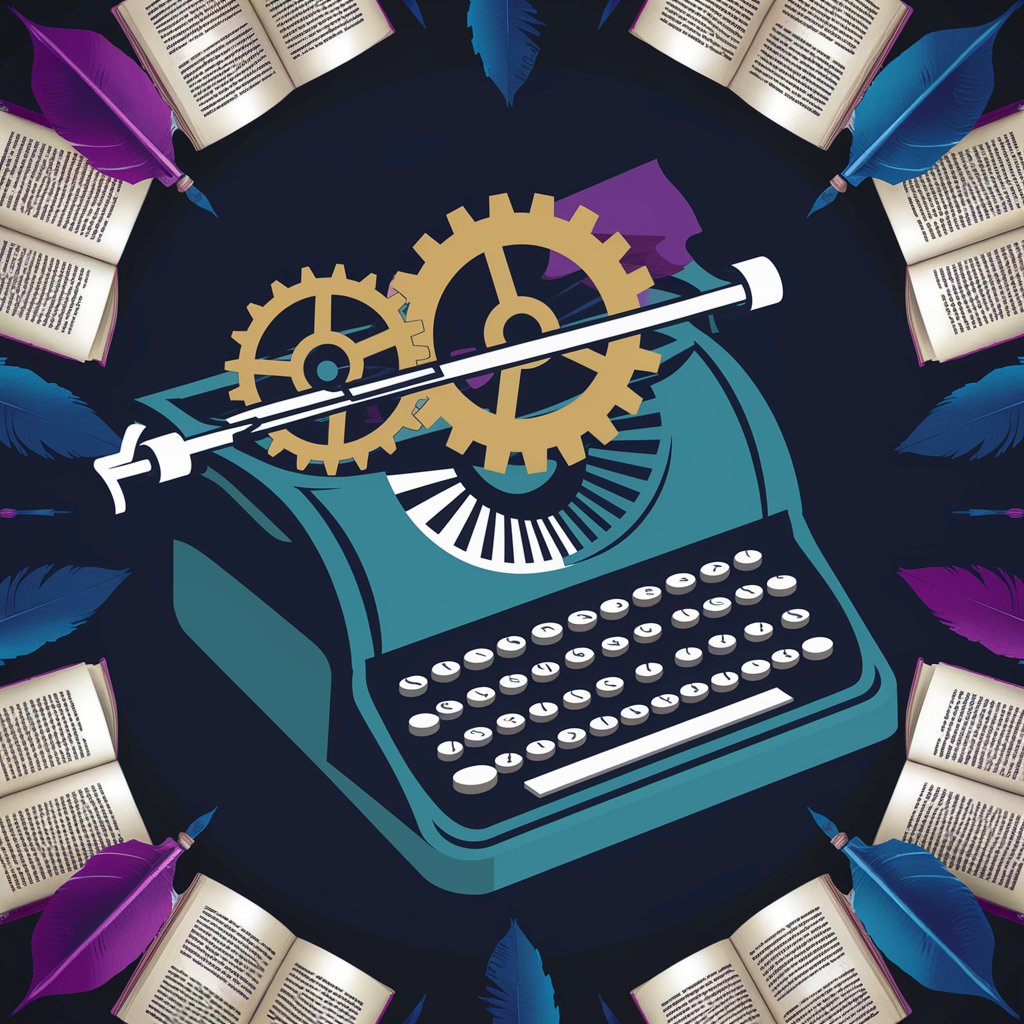
Welcome! Let's turn your ideas into captivating stories.
Empowering your storytelling with AI
Develop a compelling plot for a mystery novel set in a small coastal town.
Outline the first chapter of a nonfiction book about the history of artificial intelligence.
Create a detailed character profile for a protagonist in a fantasy adventure.
Describe the setting of a dystopian world where technology controls every aspect of life.
Get Embed Code
Overview of Fiction and Nonfiction Book Writing Assistance
Fiction and Nonfiction Book Writing assistance specializes in transforming ideas and concepts into structured, engaging narratives, catering to both fictional and nonfictional domains. This assistance is designed to support writers at various stages of their writing process, from initial conception to detailed outlining and drafting. For fiction, this includes developing plots, characters, settings, and dialogues that resonate with readers, employing storytelling techniques to craft compelling narratives. For nonfiction, the focus is on structuring information, developing coherent arguments or expositions, and ensuring factual accuracy alongside engaging presentation. Scenarios demonstrating its application range from crafting a fantasy novel's world-building elements to structuring a self-help book's advice into digestible, impactful chapters. Powered by ChatGPT-4o。

Core Functions of Fiction and Nonfiction Book Writing Assistance
Chapter Outline Creation
Example
Designing a chapter-by-chapter blueprint for a historical fiction novel, ensuring narrative coherence and historical accuracy.
Scenario
An author is struggling to organize their extensive research into a compelling narrative for a novel set in Ancient Rome. The chapter outline assistance helps structure the narrative, align plot points with historical events, and pace character development, enhancing the story's flow and reader engagement.
Character Development
Example
Creating detailed character profiles for a psychological thriller, including backstories, motivations, and character arcs.
Scenario
A writer is crafting a complex thriller but finds their characters lack depth and believability. Using character development assistance, they can flesh out characters' backgrounds, intertwining their personal growth with the plot, thus adding layers to the narrative and enhancing reader engagement.
Research Assistance for Nonfiction
Example
Compiling and synthesizing relevant data and studies for a nonfiction book on climate change, ensuring credibility and informative value.
Scenario
An environmental scientist aims to write a book translating complex climate data into understandable content for the general public. Research assistance helps them identify key studies, interpret data accurately, and present it in a clear, accessible manner.
Target User Groups for Fiction and Nonfiction Book Writing Services
Aspiring and Established Authors
This group includes individuals at various stages of their writing careers, from novices seeking to pen their first novel to experienced authors tackling new genres or subjects. They benefit by refining their storytelling or expository skills, overcoming writer's block, and enhancing the overall quality of their manuscripts.
Academic and Research Writers
These users engage in writing detailed reports, papers, or books that require meticulous research and coherent structuring of information. The service aids them in organizing complex data, ensuring clear argumentation, and maintaining reader engagement, vital for educational and informative works.

How to Use Fiction and Nonfiction Book Writing
1
Begin your journey by visiting yeschat.ai to explore a free trial, with no login or ChatGPT Plus subscription required.
2
Identify your writing project's genre and scope. Whether it's a novel, a memoir, or a research-based book, having a clear understanding will guide the assistance you need.
3
Utilize the tool to brainstorm ideas, develop character profiles, plot outlines, and research materials. Input your ideas to receive suggestions on structure, style, and content.
4
Review and refine the generated content. Use the feedback and suggestions to polish your writing, ensuring it aligns with your vision and meets literary standards.
5
Regularly save your progress and iterations. This practice not only secures your work but also allows you to revisit and revise previous versions, fostering a dynamic and flexible writing process.
Try other advanced and practical GPTs
Arcturus Stellar
Empowering Stellar Blockchain access with AI
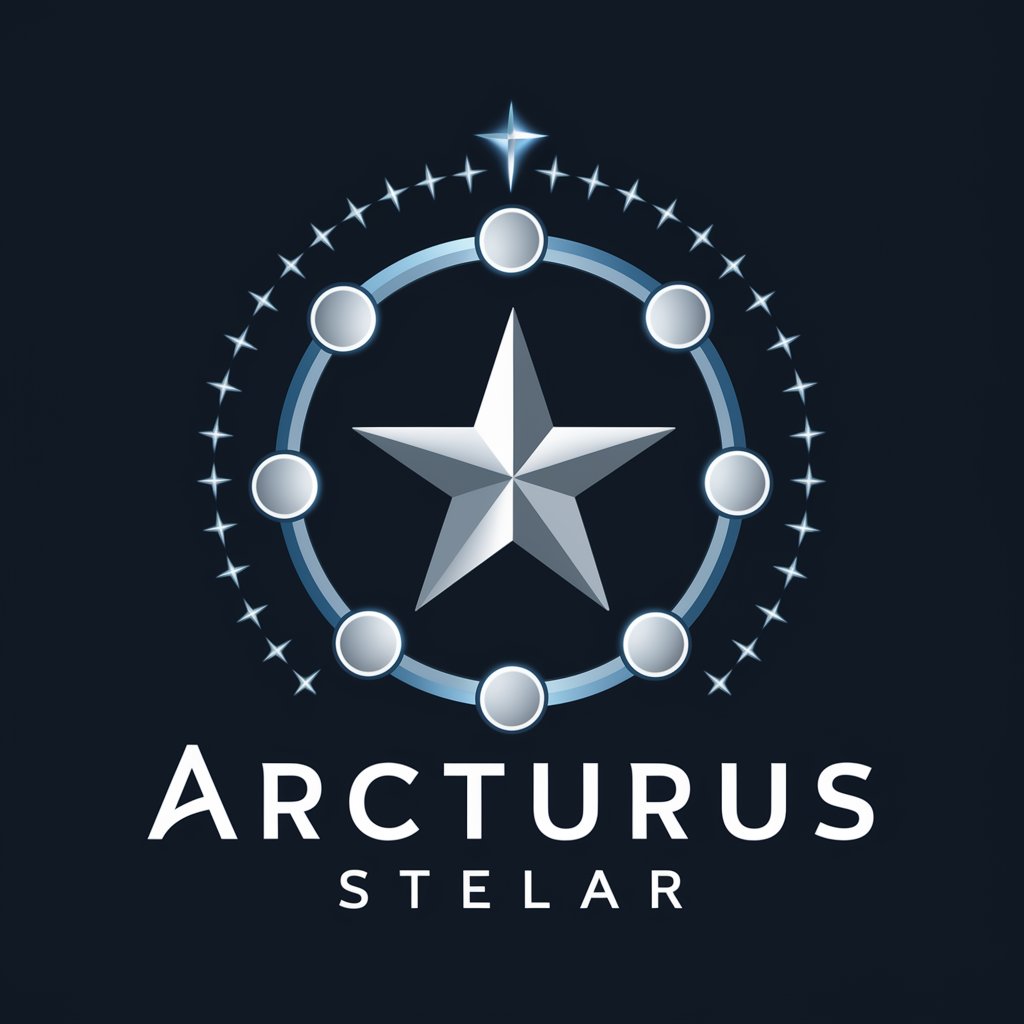
LinkedMentor
Elevating LinkedIn content with AI power

AI Primary Care Doctor
Empowering health decisions with AI

Meme Special
Elevating memes with AI-powered SEO insights.
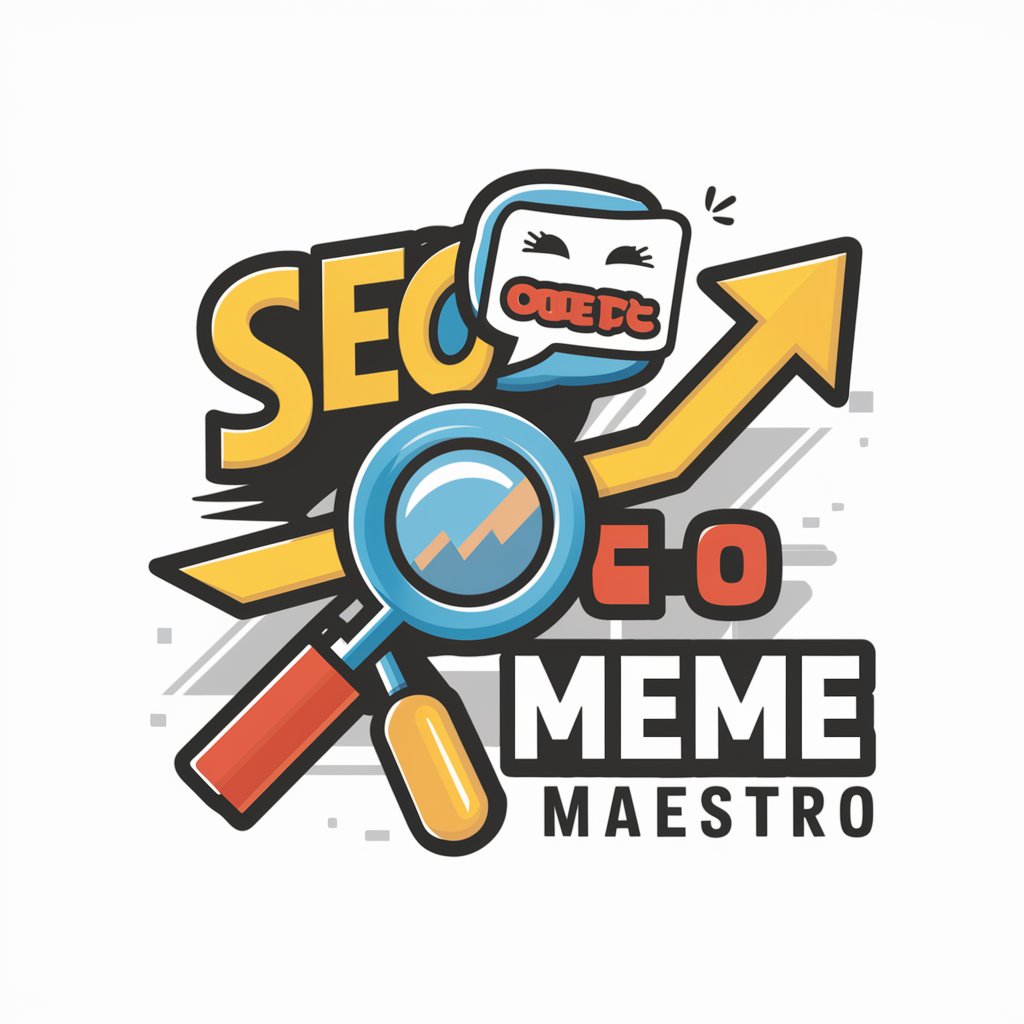
Landscape Capture Pro
Empowering your photography journey with AI.

Generador De Hashtags
Crafting Memorable Hashtags with AI
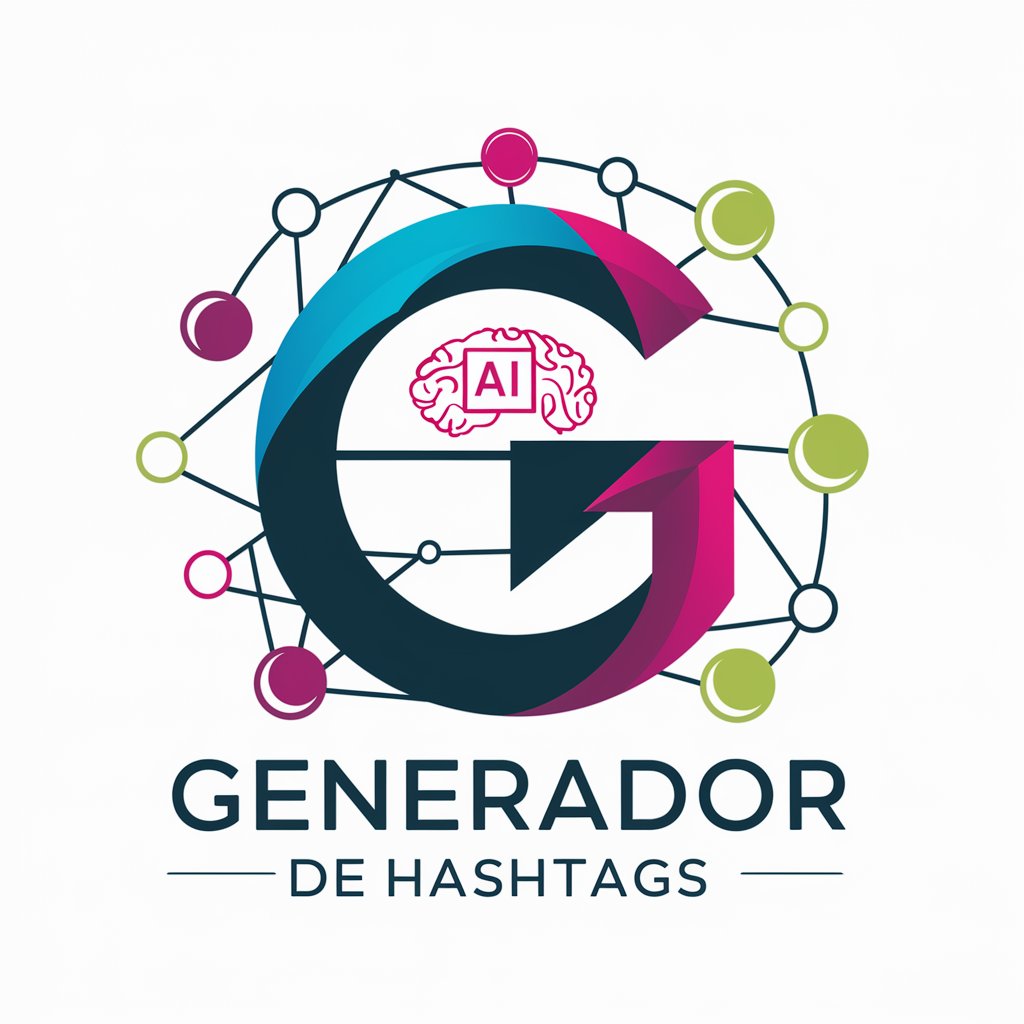
Teacup meaning?
Empowering insight with AI precision.

PARROganT Teacher
Learn with Attitude
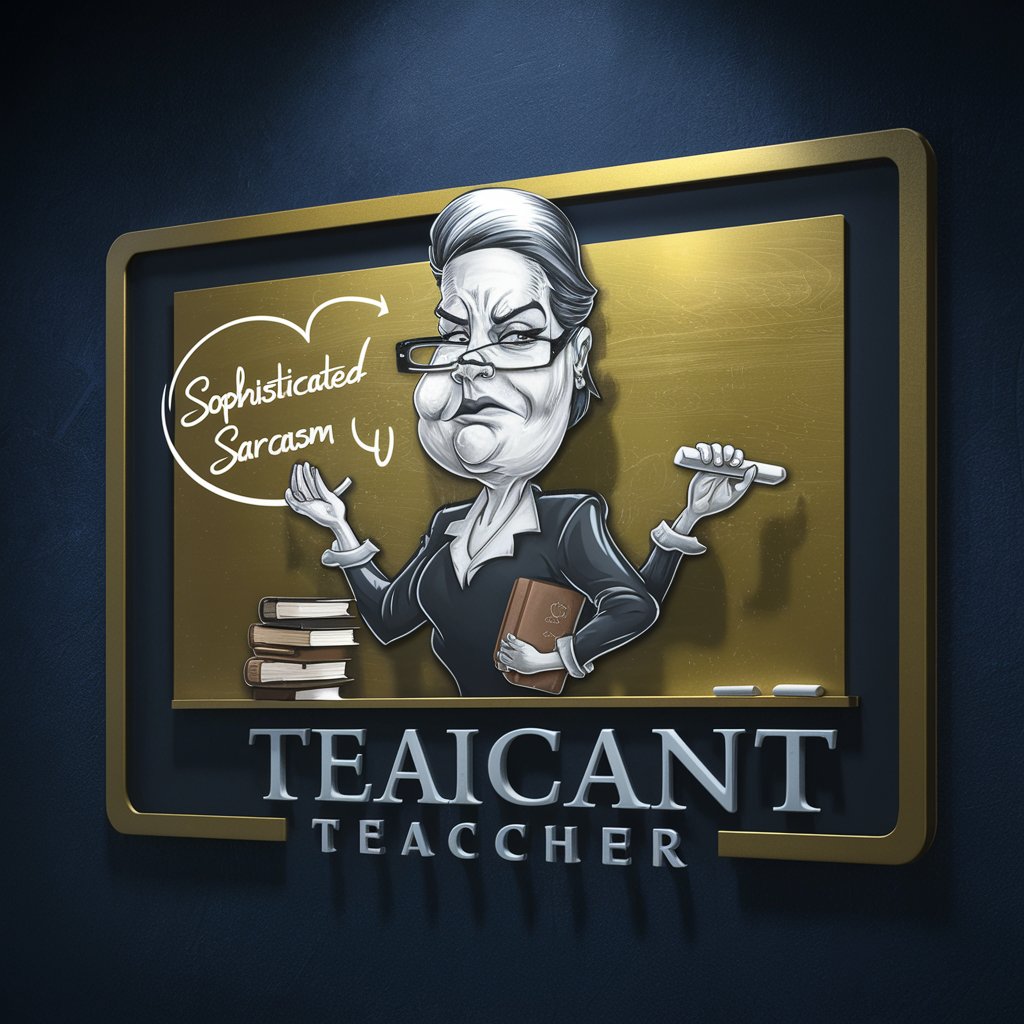
WP Fusion
Sync WordPress with Your CRM
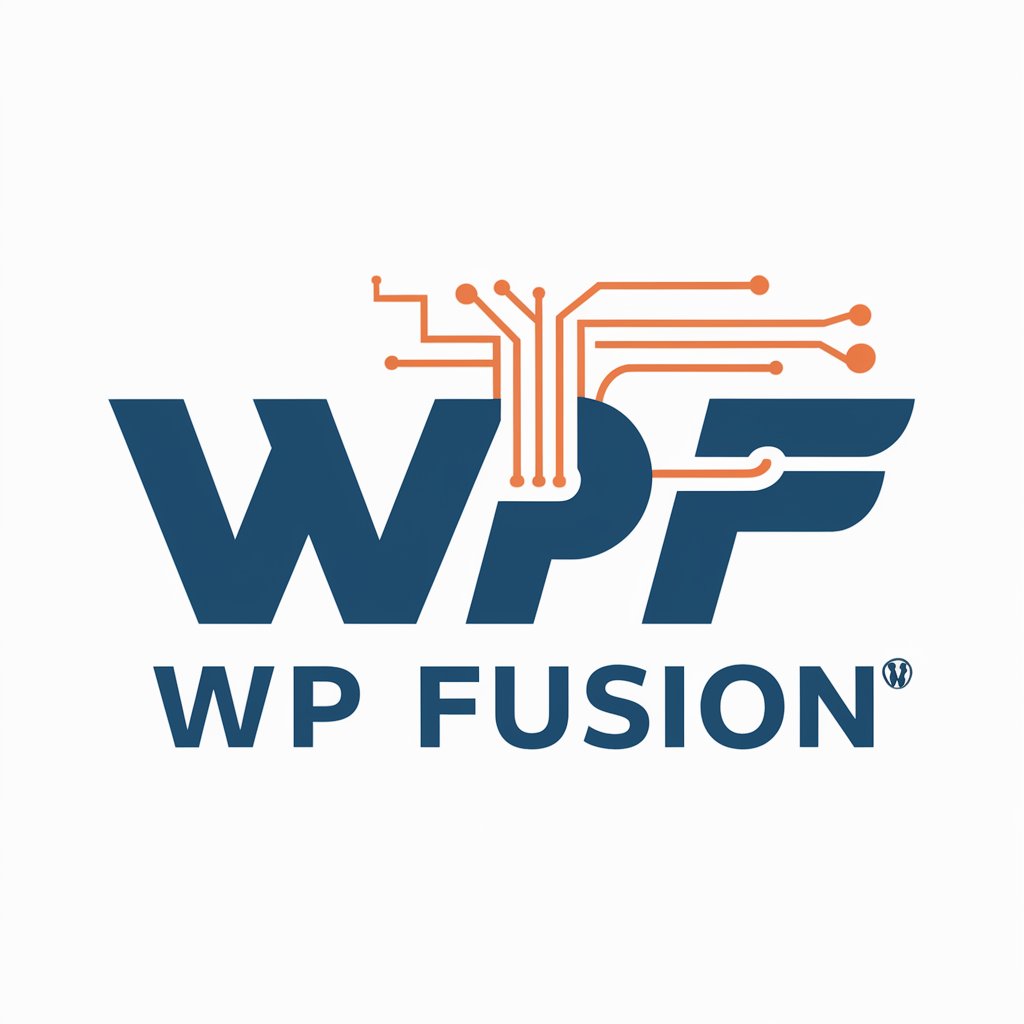
Yol Yardım Acil
Your AI-powered Roadside Companion

GameStop meaning?
Elevate Your Research with AI
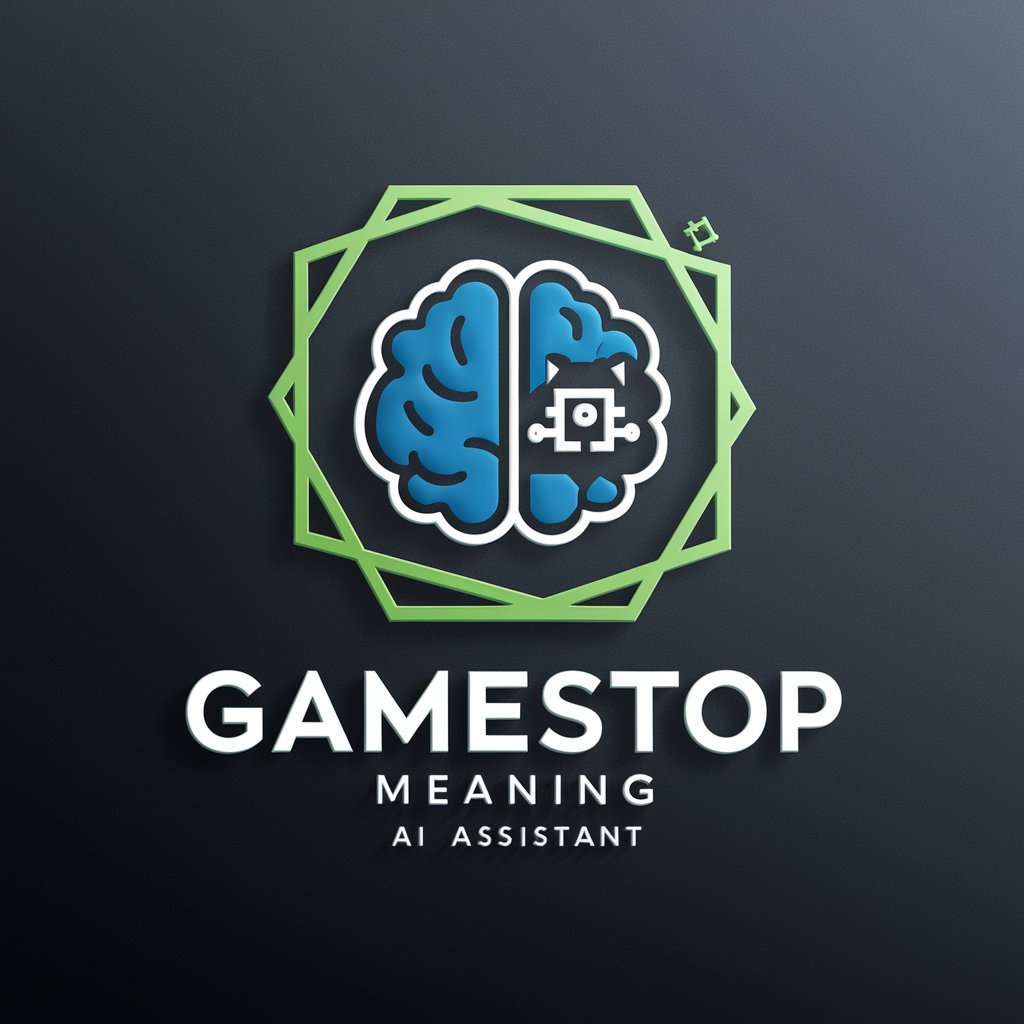
JavaScript Solutions for Every Client Need
Empowering JavaScript solutions, powered by AI
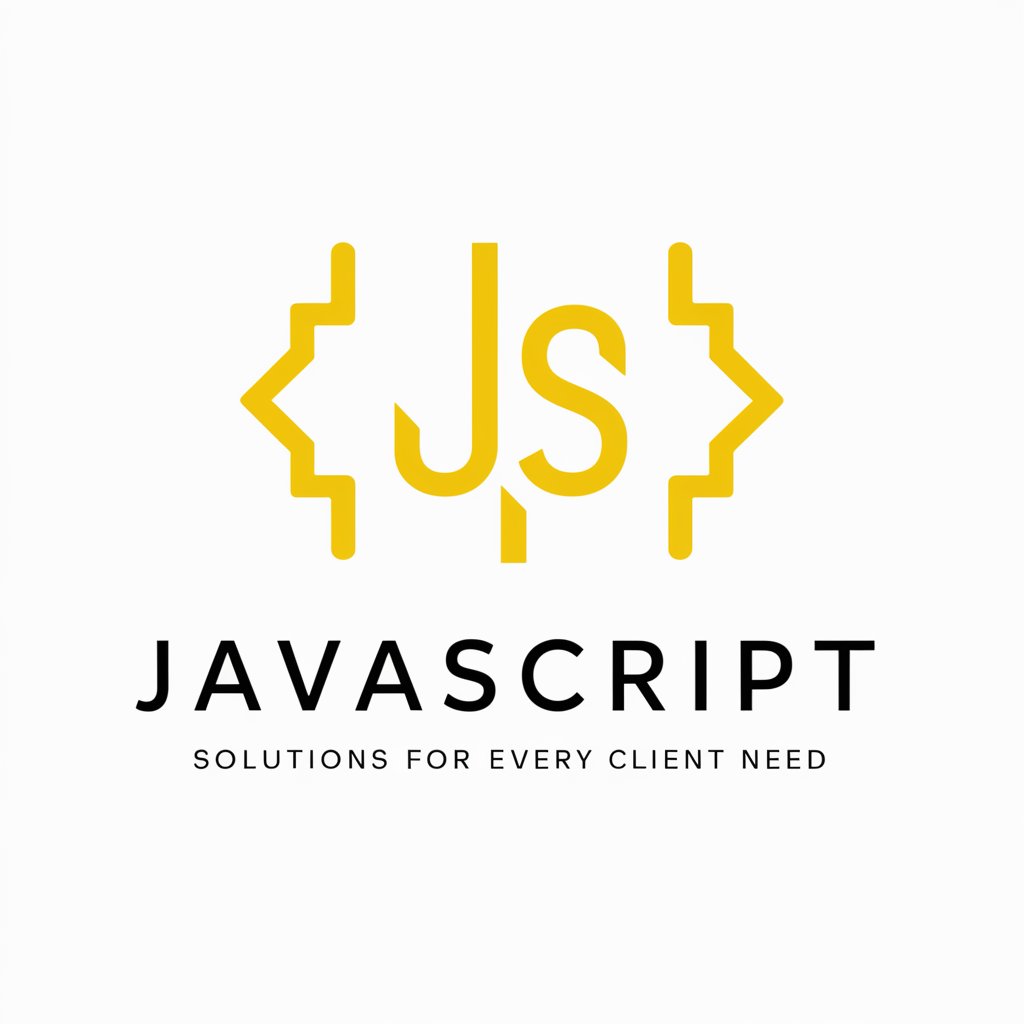
Frequently Asked Questions about Fiction and Nonfiction Book Writing
Can Fiction and Nonfiction Book Writing help with writer's block?
Absolutely. The tool is designed to inspire creativity by offering plot suggestions, character development ideas, and writing prompts that can help overcome writer's block.
Is this tool suitable for beginners?
Yes, it is perfectly suited for writers of all levels. Beginners can particularly benefit from structured guidance in developing their narratives and refining their writing skills.
How does the tool handle research for nonfiction writing?
The tool assists by providing guidelines on structuring your research, suggesting reliable sources, and helping integrate facts seamlessly into your narrative.
Can I use this tool to write a screenplay?
While primarily designed for book writing, the tool's features for character development and plot structuring can be effectively utilized for screenplay writing as well.
How does the tool assist with editing and revisions?
It offers suggestions on improving narrative flow, character depth, and consistency, along with grammar and style recommendations for a polished final manuscript.
